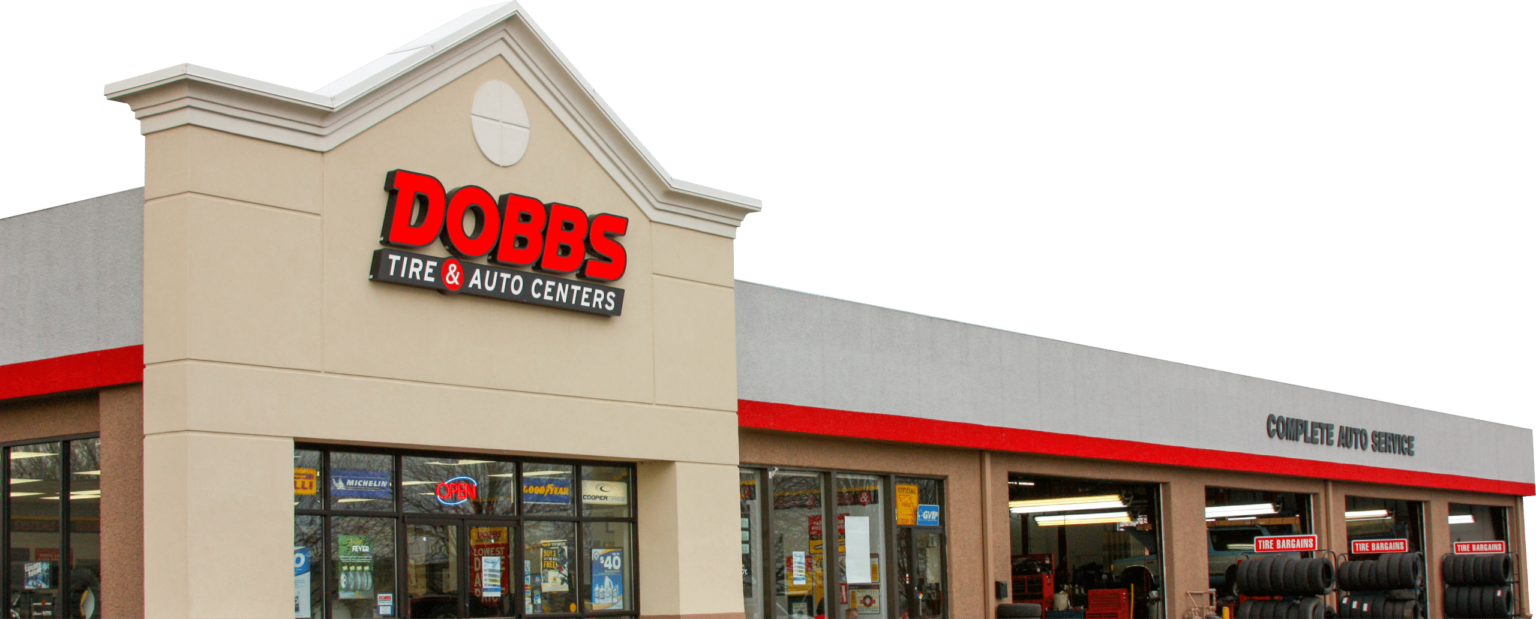Ignition Wires
What are Ignition Wires?
Gasoline internal combustion engines power most passenger vehicles, simply because it’s the most-popular fuel around and the ignition system is reliable. For the compressed air and gasoline mixture to burn, it needs a spark. The energy for the spark is generated in the ignition coil, ramping up 12 V from the alternator to as much as 20,000 V, for just 0.8 ms to 2.4 ms, sending it through ignition wires to the spark plug, in the cylinder head.
Older vehicles used a single coil and a distributor to send spark energy through individual ignition wires to each spark plug, so there were as many ignition wires as there were cylinders, plus one for the coil. Newer distributor-less ignition systems (DIS) did away with the distributor, instead using multiple coils, controlled electronically, to fire the spark plug. These DIS systems have as many ignition wires as cylinders. Some waste-spark DIS used a single coil per pair of cylinders, and some dual ignition systems used two spark plugs, and therefore two ignition wires, per cylinder.
DIS coil-on-plug (COP) ignition systems shortened the distance, mounting the ignition coil directly over the spark plug. Most COP systems have one coil per cylinder, but some older waste-spark COP systems used a second ignition wire to fire an additional cylinder spark plug. No matter what kind of ignition system, there are always ignition wires to conduct spark energy to the spark plug.
Why are Ignition Wires Important?
Ignition wires are essential to the function of the gasoline engine, and need to conduct up to 20,000 V to the spark plug without it leaking to the engine block or cylinder head. Special high-voltage conductors and thick insulation make this possible, but it can degrade over time and mileage. Small cracks or cuts in ignition wire insulation may short-circuit, sometimes only in humid or rainy conditions. This short circuit prevents energy from getting to the spark plug, resulting in a misfire, poor engine performance and fuel economy, and probably an illuminated check engine light and stored diagnostic trouble codes (DTC).
What can Dobbs Tire & Auto Centers Do for You?
If you’re experiencing poor engine performance or you have a check engine light, consult with the engine specialists at Dobbs Tire & Auto Centers. Using the latest diagnostic equipment, our ASE-Certified auto repair technicians will identify engine problems and give you a repair recommendation. Ignition systems are complex and sensitive, but our technicians have the training and experience to get to the root of the problem.
“You Can Depend on Dobbs” – Dobbs Tire & Auto Centers, Home of the Fixed Forever Service Warranty. Locally and Family Owned Since 1976
